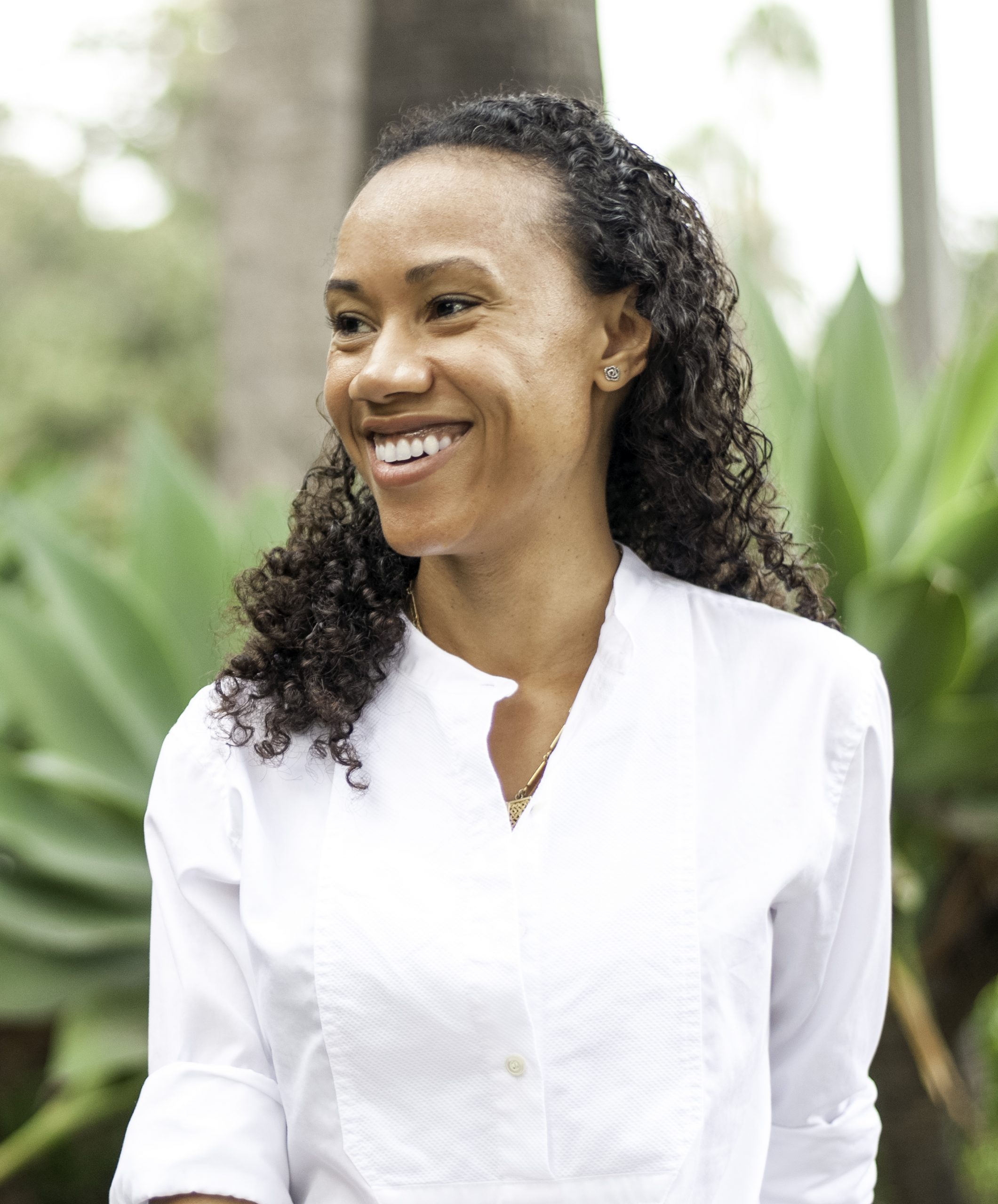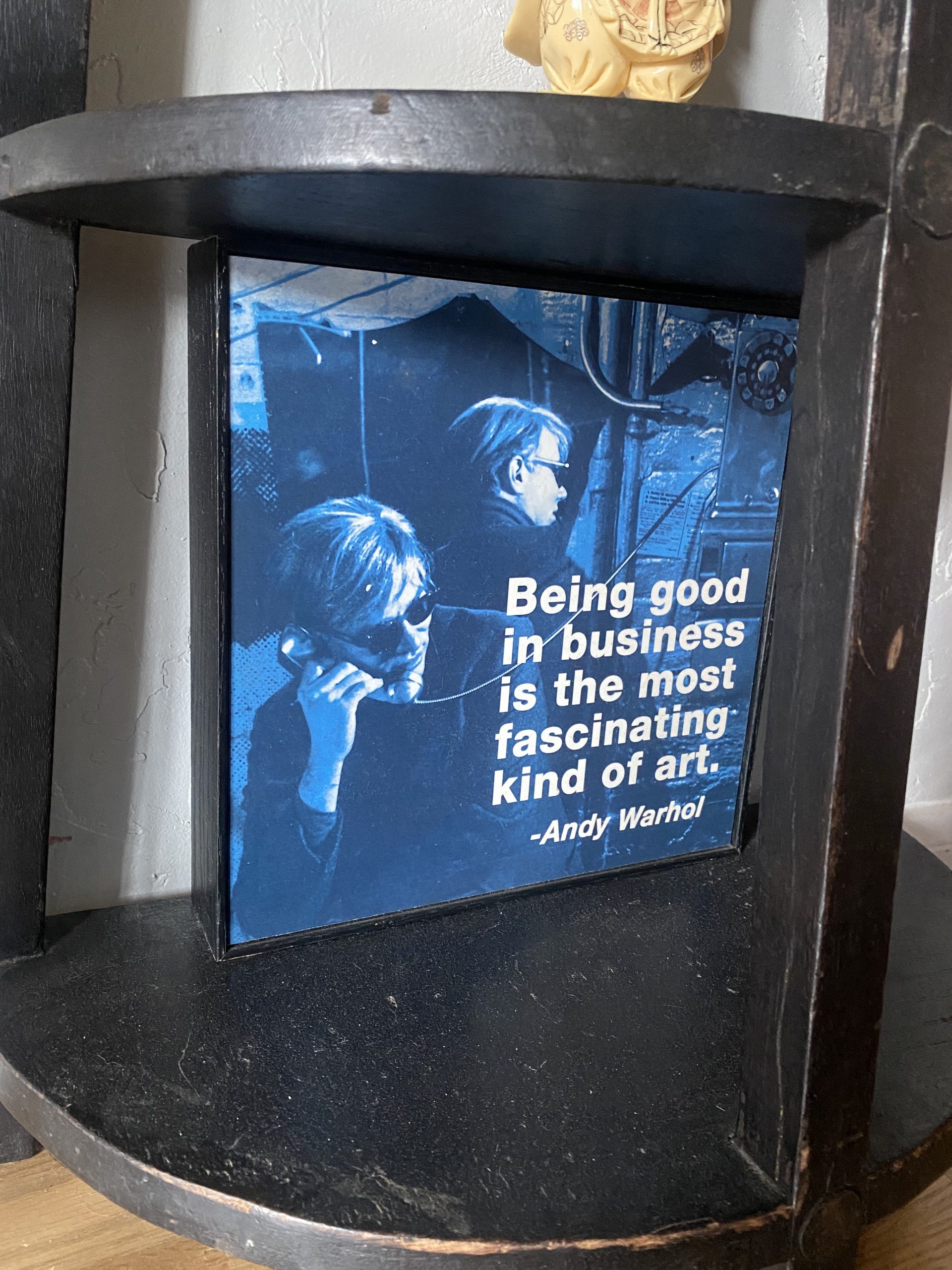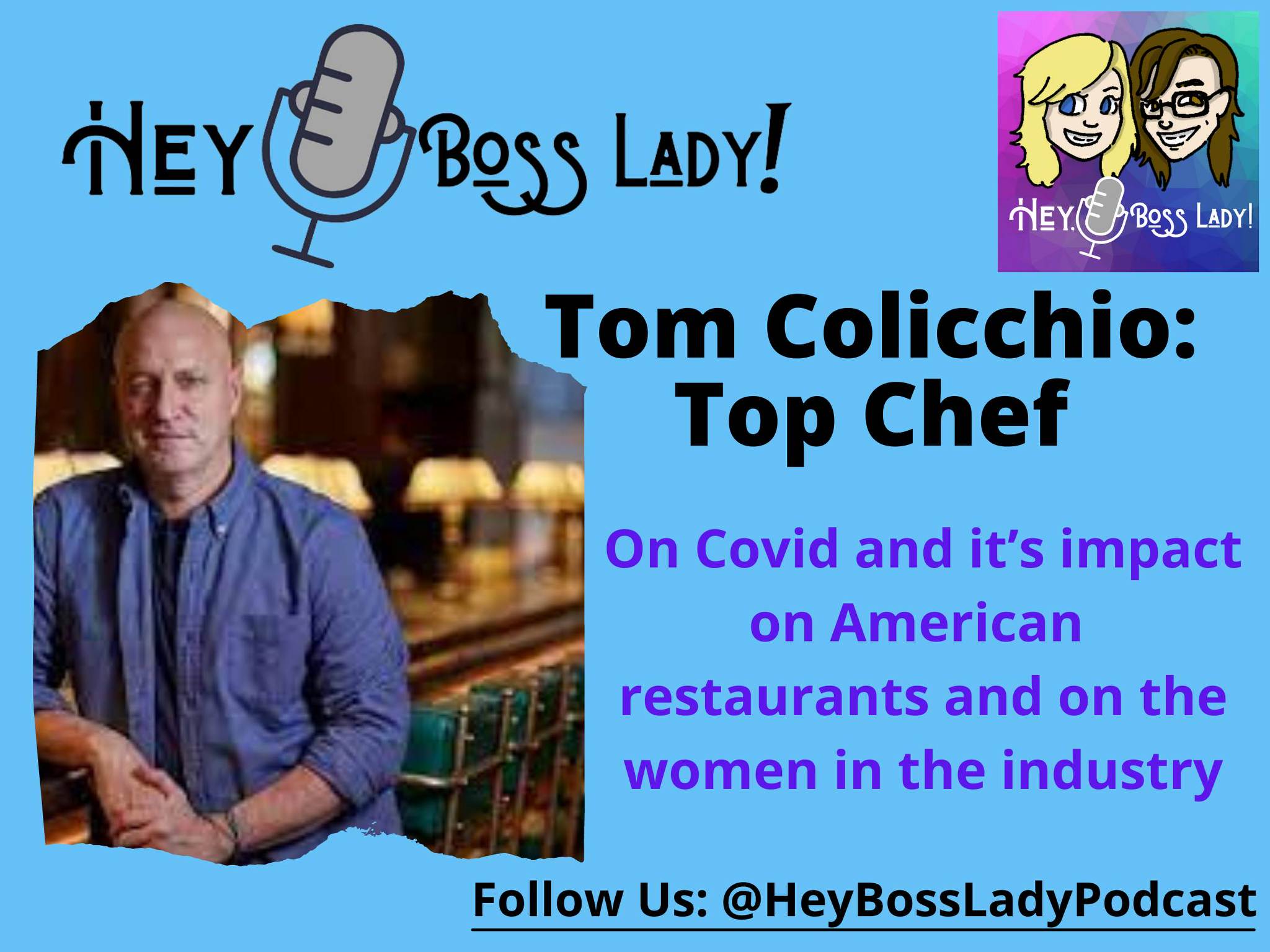Before I introduce Dr. Christina Ford and my thinking of why women approach non-profit work differently than men. I want to start by stating the obvious. It is very stressful to juggle work while having children. It doesn’t matter whether you work at a grocery store or if you are a top surgeon or a psychiatrist. Yet, many hold the illusion that women in higher positions have it easier when it comes to motherhood. Sure, they have it easier when it comes to paying for things. However, the complexities of what mothers angst over are the same around the world. AND many find time to give to their communities so all children have a better chance to succeed.
I felt compelled to start with that obvious statement as the Hey, Boss Lady! Podcast prepares to feature the incredible Dr. Christina M. Ford. Dr. Ford is a Harvard-trained psychiatrist and the Chairperson of the Board of the nonprofit FEAST (Food Education Access Support Together). Those are the outward titles everyone gets to see, but some of the titles that are most near and dear to her heart are “woman”, “mother”, “wife”, “daughter”, and “aunt”. Christina is introspective, inquisitive as well as very self-effacing. We knew the conversation would be very thoughtful.
Much of our discussion centered around the intersection between career, motherhood, and community involvement. I had two big takeaways:
- There are certain intergenerational differences in how women past and present think about their roles in various sectors of life. I observed that having just featured the invincible Dr. Hannah Valantine.
- Having now interviewed over twenty Boss Ladies, I will go out on a very small limb and state that women who become involved with not-for-profit organizations, either as paid staff or volunteers, do it very differently than men. In the episode with Dr. Ford, we chatted about how these differences manifest with her involvement in FEAST.
Intergenerational Differences
The intergenerational difference between Dr. Valantine and Dr. Ford was clearest when Dr. Ford told us about making the choice to become a psychiatrist. Just like Dr. Valantine, Dr. Ford originally wanted to be a surgeon. When Dr. Valantine graduated medical school some 30 years prior, there were not only very few female surgeons role models, there were very few female doctors in general. Information about how the impact on women’s multiple life roles such as combining being a doctor and mother, was just not available.
Fast forward a few decades, information about the impact of medical training on all genders abounds. The sad facts are that doctors are over-worked, over-tired, and under-supported in their quest for personal wellbeing. Armed with this reality and a wise question from Dr. Ford’s doctor husband, Christina made a different choice. Wonder what the question Christina’s husband asked? He asked a very forward-looking question that had nothing to do with marriage, having children, or such. He asked Christina, “Thirty years from now what kind of material do you want to be reading for your profession?” She wisely knew for her reading about the development of a child’s mind and wellbeing far outweighed reading about body parts!
Both of these women chose to become mothers and both women cherish that role (and I might say, excel at that role). Each made the decision about becoming a mother with different professional information. I am intrigued by the way two equally brilliant and successful women visualized work-life integration. For previous generations of women, there was a belief that you had to do things a certain way to achieve your professional goals and if that ‘certain way’ meant sacrificing the quality of other parts of your life then that’s exactly what you did. Now armed with the experience of the generations of trail-blazing women before them, women today are assuming they can be anything and do everything because they are prepared to develop the support they need to achieve their dreams.
Not-For-Profit Involvement
When it comes to the commitment to non-profit organizations, women appear to use what I would call an “integrated communities” approach. Mental multi-tasking may have its drawbacks, but I believe it allows women to participate at a deeper level. Women that are involved in their communities appear to think more about how the various parts of the community work together. If they are mothers, they are capable of focusing not only on the resources their children need, but also on what other children need might need. For example, if little Susie comes home from school one day and says that little Jane didn’t have a lunch packed for her at school that day, Mom will not only pack an extra sandwich for tomorrow to give to Jane, but she will also investigate the reason why little Jane didn’t have a sandwich in the first place.
The other attribute that comes to the surface is the difference between transactional involvement and relational or transformative involvement. Women, for the most part, do not get involved with a not-for-profit because it ‘looks good’. They want to know that what they do matters. They had the desire to do good. Women’s involvement has upped everyone’s game. To my knowledge, Anita Ruddick, the founder of The Body Shop was the first owner to pay employees to get involved. They went because they got paid to be there. They stayed longer because they liked how it felt to have an impact. The great news is today that applies to women, men, and everyone.
In decades past, it’s been a good cosmetic look for men to get on the boards of nonprofit organizations. Everyone knew that If a guy came to a board, it meant that his company backed him with a check. Women showed up with that same checkbook but didn’t have the time for cosmetics. If a woman took the time to show up, she actually wanted to help build a stronger organization. They weren’t in it for name only.
Dr. Christina Ford exemplifies that involvement. Here’s a trained psychiatrist and mother of two who brought to her non-profit involvement an understanding of nutrition and the role that taking care of your physical self plays in the wellness of your psychological health. This is the same fundamental understanding that she also brings to her work at FEAST. Oh, and a clear shameless plug for FEAST and the Hey, Boss Lady! Podcast.
A Note Before I Sign Off…
As this post goes to press, FEAST will virtually host its second annual “A Night In With FEAST” benefit and dinner-at-home signature event on May 23, 2021. Featuring an interactive cooking demonstration and Q&A session with famed chef, Tom Colicchio, and an appearance from Chef Behzad Jamshidi, the event also includes a silent auction, a performance from award-winning poet, In-Q, and much more. The event is a night of healthy food and human connection.
The second annual “A Night In With FEAST” is generously supported by the Hey, Boss Lady! Podcast, Rebel Health, Sweetfin, Nutribullet, and Simple Vodka. Proceeds from this event will help provide underserved communities with the ingredients that create lasting health and wellness through FEAST’s 16-Week Wellness programs. For ticketing or to donate, please visit https://feastforall.org/nightin2021/.




